Is Final Fantasy XVI a Good Game or Not?
Weight the audience's reaction Final Fantasy XVI

There is plenty of discussion going around regarding the level of success of Square Enix's recent blockbuster release, Final Fantasy XVI. Here, we will pass the baton to the community itself to see what they liked about the game, what they could do without, and what they would change if had the chance to go through it all again.
It's been over a month now. The dust has settled and most people out there who had the intention of playing Final Fantasy XVI from the gate, have likely already done so.
With that in mind, developer Square Enix has been sending some mixed messages to the community about how successful the game has been. An initial tweet on the game's official Twitter/X page announced that it had sold over 3 million units within its first week and while that number might seem poor compared to other titles or even previous entries of the franchise (FF VII Remake sold 3.5 million in three days), the company itself described those sales numbers as 'strong'.
We’re delighted to announce we’ve shipped and digitally sold 3 million copies of Final Fantasy XVI on PlayStation 5. Thank you for your support! #FF16 pic.twitter.com/8YGfo1RXyV
— FINAL FANTASY XVI (@finalfantasyxvi) June 28, 2023
However, a few days later, a report by Bloomberg pointed out that Square Enix had seen a 79 percent drop in their annual earnings, which was largely attributed to the poor performance of FF XVI. This news led to a 15 percent drop in the Japanese games developer's stock in the Tokyo market.
So, what's the gist of it? Is Final Fantasy XVI a good game or not?
In order to unravel this curious thread, we thought there was no better place to search for answers than with the players themselves. Speaking to a few of the most well-known personalities within the Final Fantasy fandom provided us the opportunity to see what worked, what didn't, and what alienated players from the latest iteration of Square Enix's flagship franchise.
To break it down, we'll start with what the game did right, then we'll move on with what went wrong. We'll wrap it up with some original thoughts from the fans regarding any potential upcoming games in the Final Fantasy franchise.
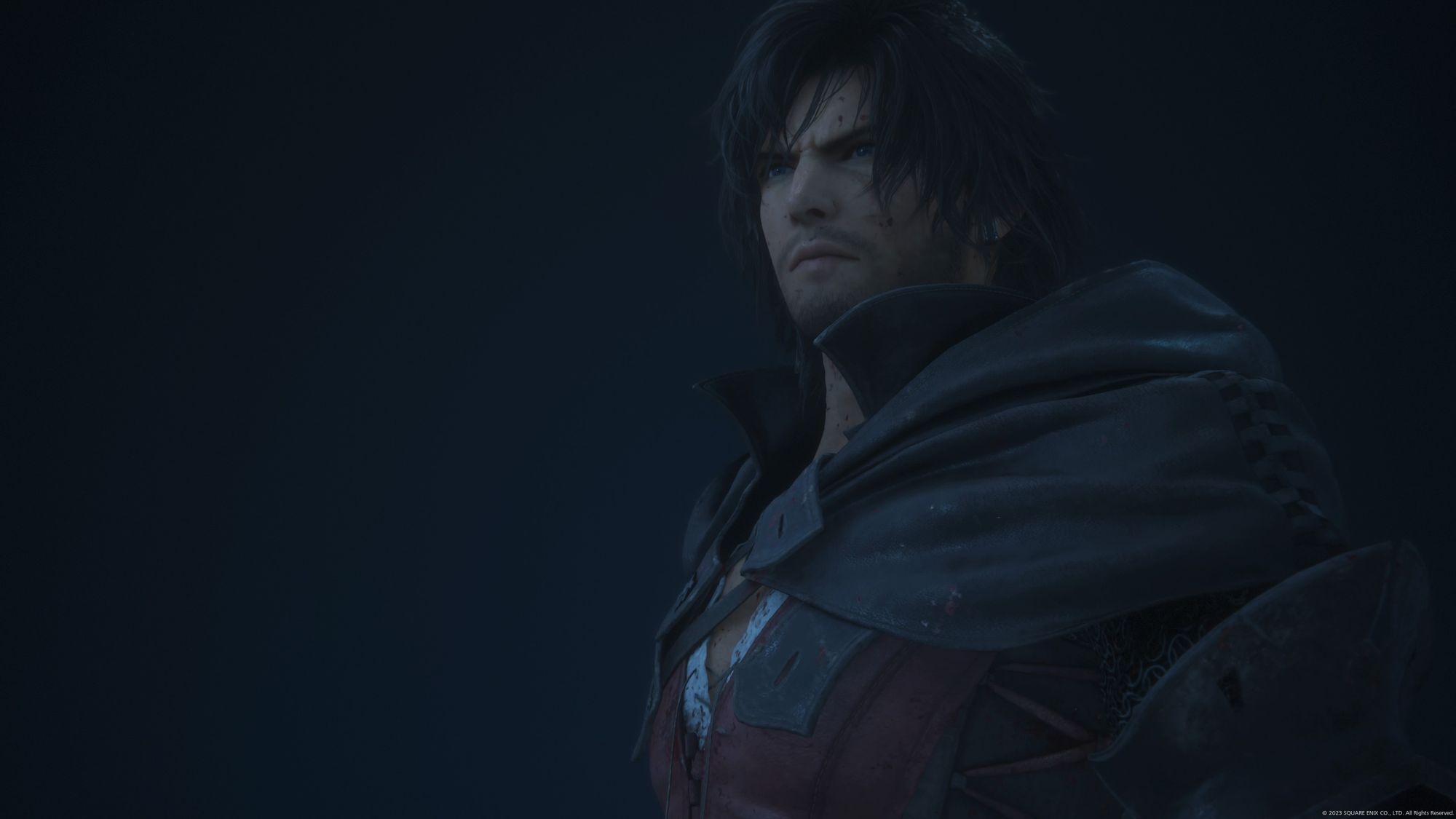
Pro: Incredible Characters That People Could Connect With
Square Enix really made an effort to bring their characters to life in this game and that paid off big time! Fans were well and truly able to connect with main protagonist Clive, his brother Joshua, their friend Jill, and even trusted doggo companion Torgal was a huge hit among fans!
As FFXIV strategy guide expert MrHappy (@MrHappy1227) puts it: "The characters are by far the game's strongest point. Almost every character, in both the main and side quests, is written to have an emotional impact on the player. Many people will surely have their favourites and ones they don't like, but the team spared no effort in crafting masterful backgrounds and emotional character development."
One of the creators of the FF Weekly Podcast (@ffweeklypod) shares the same sentiment: "I loved almost everything about Final Fantasy XVI but if I had to pick just one thing it would be the characters. I found myself caring deeply not just for the main cast, including my new favourite Cid, but the parade of interesting people to get to know, fall in love with, and come to fight for and alongside."
YouTube content creator Soldier_1stClass (@Sold1st_class) is of the same mind: "I would say that my favourite part of Final Fantasy XVI, would have to be the characters and the way they interact with each other. The world around them has gone to hell, but they've still found a way to band together. The interactions between them feel genuine and heartfelt, and you begin to love each and every character, no matter how minor they may be."
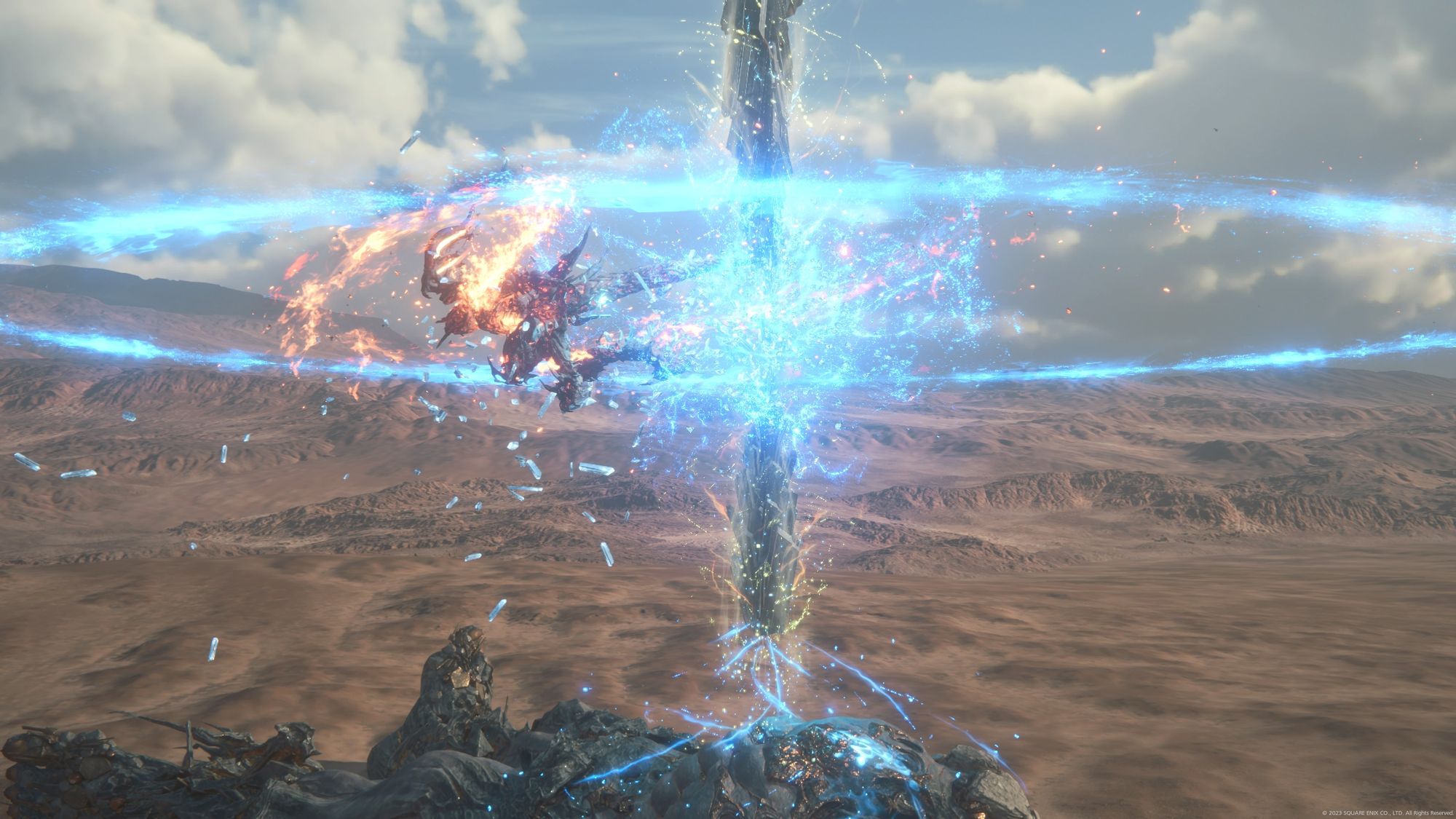
Pro: The Mature Content
Many people have grown up playing these games and because they're grown up, they want to be treated as adults. FFXVI offered them that respect, with the game not shying away from blood, gore, cursing, or even sex scenes, yet keeping it all within context - for the most part anyway!
That seems to have been taken into account by fans, such as Audrey (aka, @aitaikimochi), who says: "I think the thing that stood out the most for me was the Mature rating as a lot of the story deals with themes that are explored in the narrative and do not shy away from the topic at hand."
One of the FF Weekly Podcast members thoroughly agrees with this opinion: "The thing I would keep the most? The M-rating. Not because I need my Final Fantasy characters to swear and have sex… though that can be fun too. But because sometimes being able to depict the bleakest aspects of humanity means that the eventual message of hope shines through that much brighter."
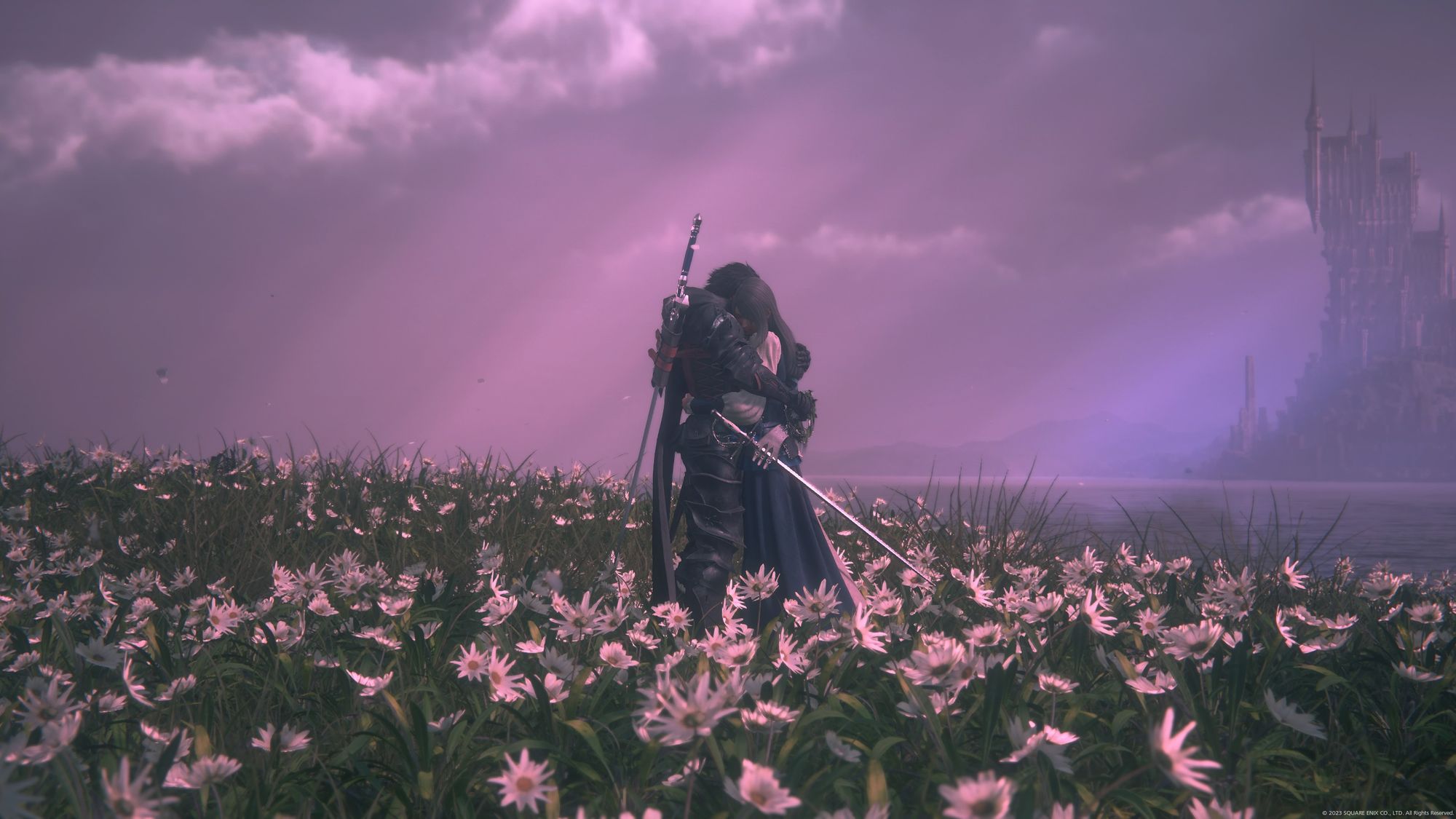
Pro: Soken's Artistry
Of course, this wouldn't be a fully-fledged Final Fantasy title if the music wasn't mind-blowing. Once again, sound composer Masayoshi Soken, well-known for his creations in the popular MMO Final Fantasy XIV, offered players moments of pure magic that clearly impacted them.
Audrey said of Soken's work, "The music also was brilliant and memorable, especially the character songs for each of the Dominants and Eikons. I was moved to tears so many times during my first playthrough of the game by the music alone."
MrHappy further cements this point: "These scenes are all supported by a top-notch musical score, which Masayoshi Soken has crafted to bring out the most from every moment. He also knows how to have a lot of fun with the music when the moment strikes."

Con: Battle System Was Found Lacking
One of the most common replies as to what was wrong with FFXVI is that the battle system either wasn't deep enough or that it made the game too easy. This is the first game in the main entry series to completely distance itself from the role-playing genre (RPG), delving fully into action game territory. This also meant that players were no longer given access to a full party of playable characters, as in previous entries, but instead were only able to control the protagonist.
FFXVI aficionado TheDragoon/KeybladeMaster (@MKH13Omasters) drives this point home: "I think what is missing is multiple playable characters or being able to control others in the party with this type of gameplay. That would be my only criticism - multiple playable characters or being able to control your whole party."
FF Podcast Weekly member adds: "One thing I would like to see changed, just as a personal preference, would be a return to party dynamics. I enjoyed focusing on a main character for FFXV and FFXVI but party dynamics can go a long way toward strengthening those character bonds from the story. Plus, team attacks. I want team attacks."
"RPG Elements are strongly lacking. This makes acquiring new items and exploring every corner far less exciting, even when it's in line with quest objectives in the area," says MrHappy.

Con: No Exploration or Replayability Options
Final Fantasy games are well known for giving players the freedom to go off the beaten track and have their own little adventures within the game's world. To see what the game may not necessarily want you to see, and find hidden treasures such as rare weapons and items in some sort of distanced dungeons. Even FFXV was able to do this pretty well.
Yet FFXVI doesn't give players that option and once the main story is complete, it doesn't feel as if there's much else for them to do. Additionally, while most areas may offer some level of freedom, they don't really lead to any grandiose discoveries.
MrHappy offers greater insight: "Content throughout gameplay is strong, but post-game is lacking. The real post-game is NG+, which touts the new "Final Fantasy" difficulty. Unfortunately, it poses little more challenge than the base game. In addition, the Arcade Mode possesses an additional difficulty: Ultimaniac. The challenge is much improved, but Arcade Mode's scoring system makes competing on the leaderboards unsatisfying, reducing replayability considerably."
Twitter user and passionate Final Fantasy follower Andy (@AndSpaceY) says: "While I loved the lore and world-building, the exploration was way too linear and lacked secret areas or even puzzles."
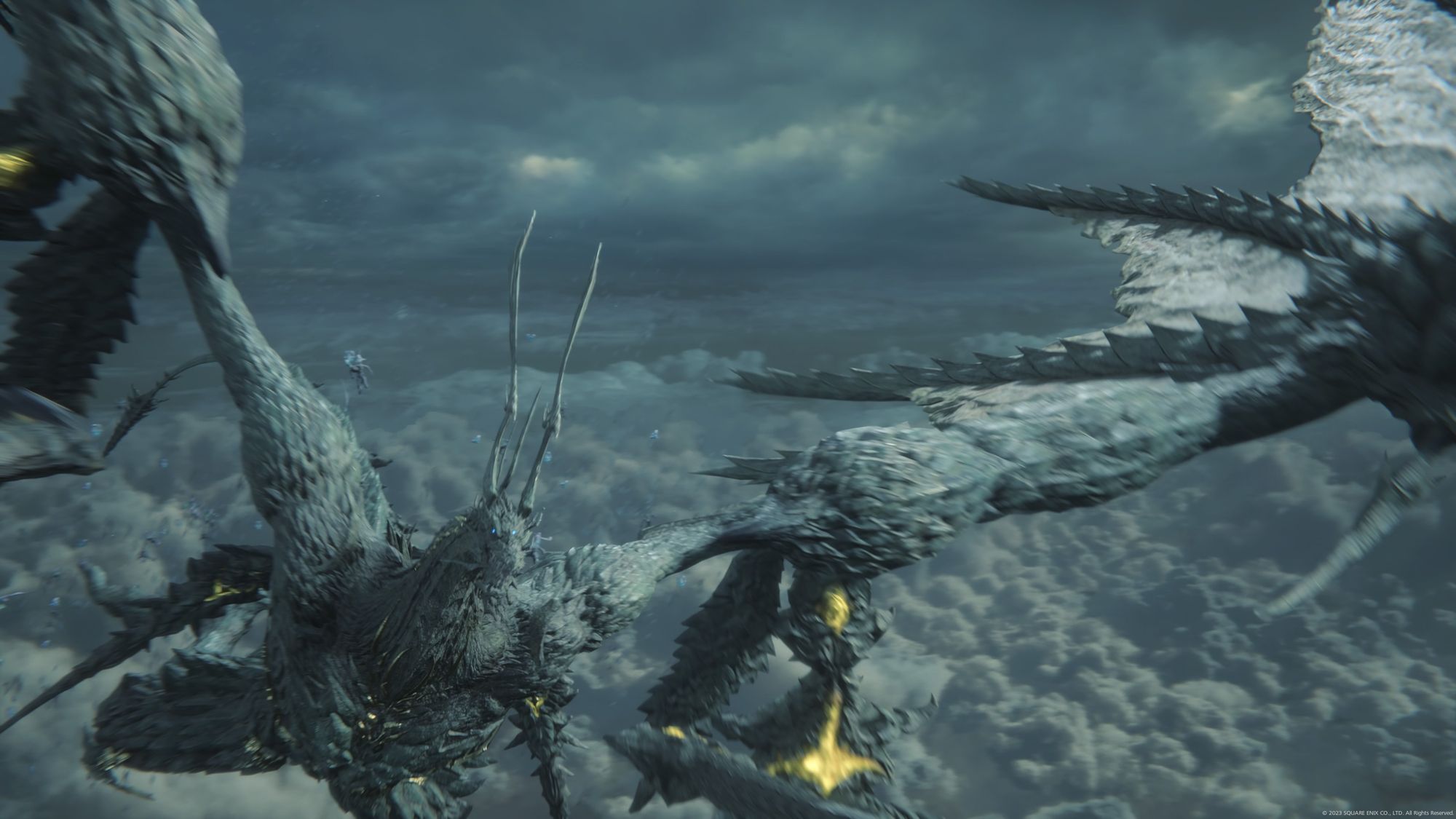
What FFXVI Could’ve Done Differently
Fans also expressed some other opinions which, while not repeated, did make sense looking at the game from an outsider's perspective.
For example, Audrey says: "The game kind of loses steam after the Bahamut fight, and I think the pacing of the story could have benefitted with more fleshing out of the characters post time-skip than introducing us to new characters without giving them much time to shine."
"I also really wished the game dived more into the political struggles of each region instead of sort of dropping that plotline and then having the overall villain be an alien with supernatural powers. I liked the political intrigue that was introduced in the beginning, but it kind of fell through at the end."
And MrHappy adds: "There is a lot of "tell don't show" with quest design and its writing, which is less conducive to the new audience they were hoping to reach with the action gameplay. It's the standard of an RPG, but slows down the pace between big set pieces a bit overmuch."
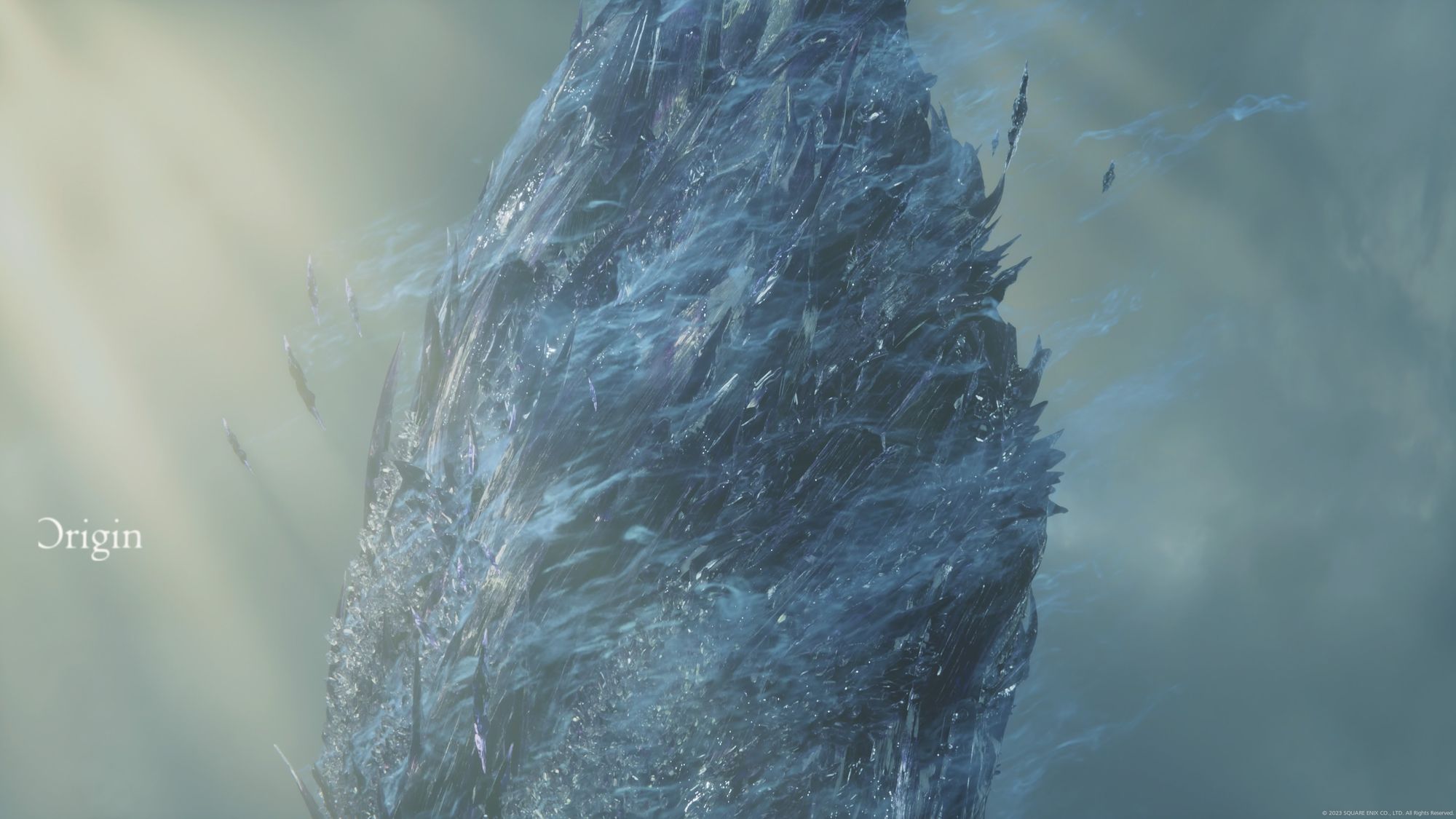
What Should FFXVII Look Like?
Finally, we asked fans the same question that was recently posted in one of our own articles: what should (a potential) Final Fantasy XVII look like?
Their replies differed, mostly affected by their recent experiences with XVI but also their own personal views as to what the most important elements of a truly good video game (and a truly good Final Fantasy!) are.
For Soldier_1stClass, there's one important ingredient for any future mainline entry: "If I would suggest one thing for Final Fantasy XVII and the future of the franchise, it would be to keep striving for a unique adventure. Every entry, for better or worse, has been different in some way, and that's part of their charm. Even if it's a different battle system, setting, etc. Final Fantasy XVII can make us fall in love all over again by retaining that charm!"
However, Audrey offers a different opinion, which is heavily based on a criticism of FFXVI: "I think if FF17 is to learn from FF16, it would be that they should try to expand on characters in the game via on-screen cutscenes instead of written lore. A lot of the story for FF16 is explained or clarified through written lore bits, and it gets a bit tiring to have to read all of the text. It’s probably a budget issue, but it would be nice to actually see some things on screen rather than read them. I would love it if FF17 also explored more water themes as the nautical battle during the latter half of the game was so fun to see in-game."
Finally, Andy, who's also influenced by his time with FFXVI, says the series should continue offering players stunning experiences: "One thing I do want to see carried out in the future is the highly engaging boss battles. The game excelled in creating fun gameplay variety in the Eikon vs. Eikon combat."
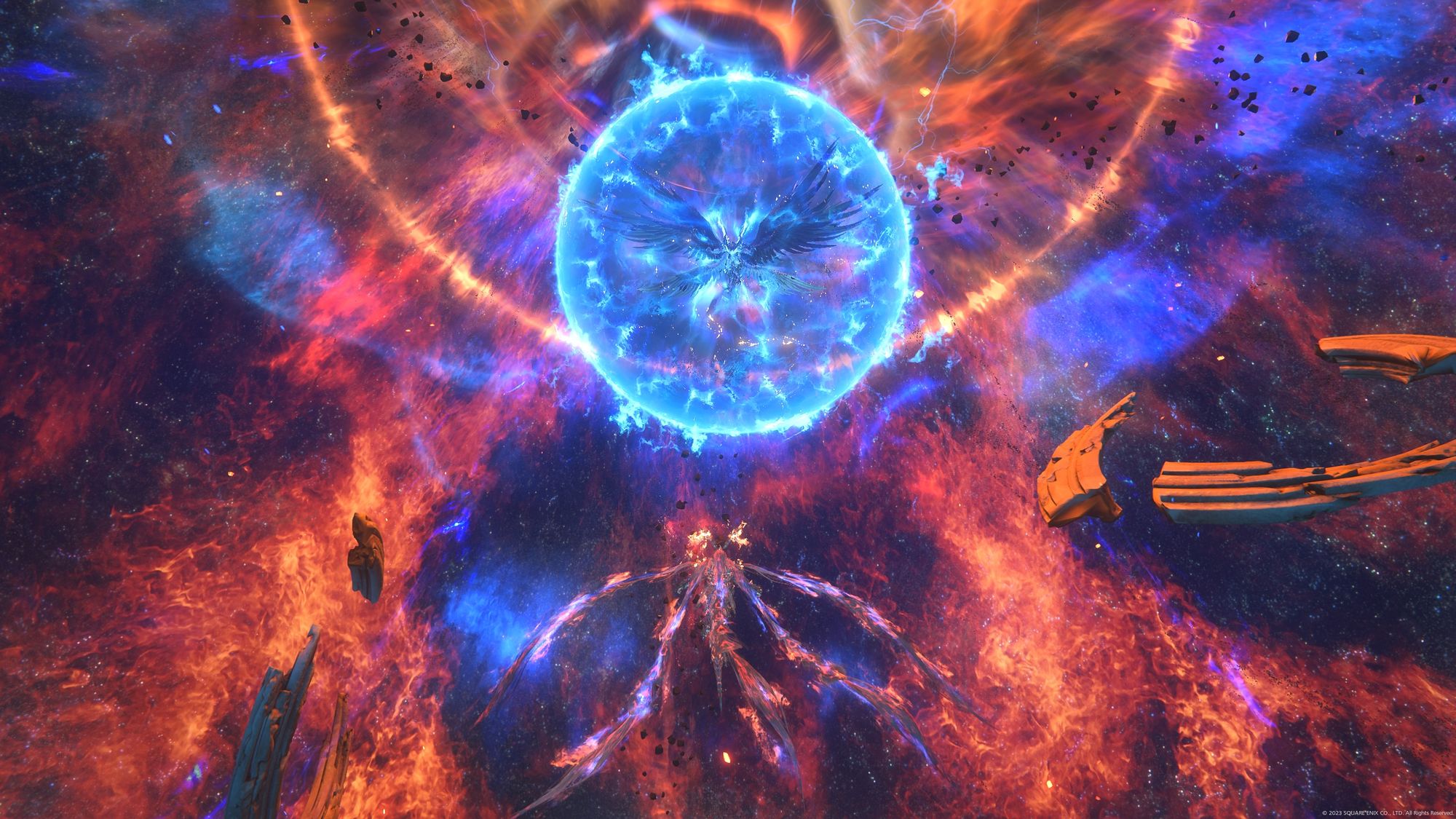
Conclusion
Based on what we've heard, it's understood that Final Fantasy XVI is a game with incredible characters and a great story, a fantastic musical setting (no doubt about that one!), and some unexpectedly mind-blowing boss fights.
It is also a title that dives head-on into action territory, forgetting that its entire fanbase is made up of people who have grown up with role-playing games. Square Enix essentially put all those fans in the back row in favour of a gameplay style that could be more appealing to Western audiences.
It's a game that people love, yet offers them no reason to go on playing once they go past the final credits, despite the fact that they're fully engrossed by the depth of its world and the charm of its characters.
It is by no means a perfect game, yet it is good enough to be played - or viewed, at the very least - by most people. It's understood that Final Fantasy XVI could've been better, yet it did offer people many thrills for the time they spent with it. Whether that should be considered a success or a failure, we'll leave it to the readers to decide.